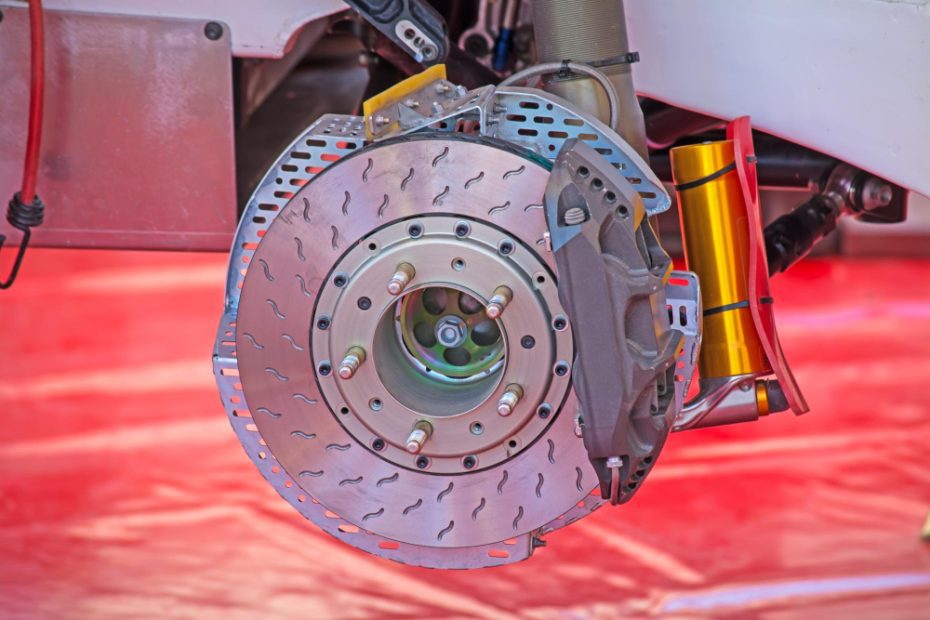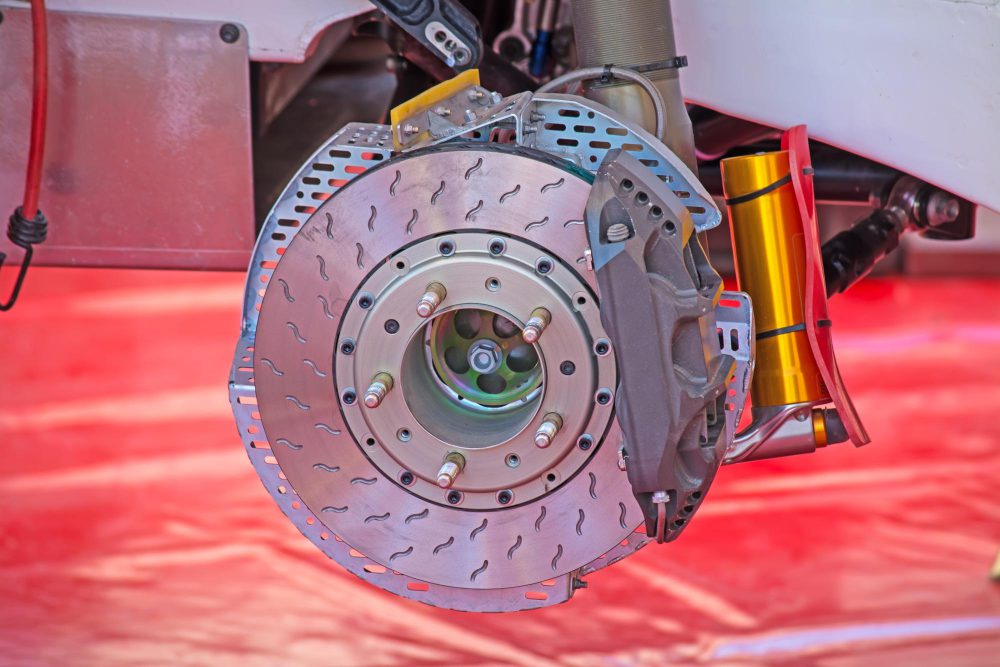What is the difference between EBCM and ABS?
Introduction
When it comes to discussing the various components and systems in modern vehicles, terms such as EBCM and ABS can often be confusing. These acronyms refer to essential parts that play crucial roles in ensuring vehicle safety and stability. The Electronic Brake Control Module (EBCM) and the Anti-lock Braking System (ABS) are both integral to modern braking systems, but they serve different functions. In this article, we will delve into the differences between EBCM and ABS, explaining their respective roles and how they contribute to safer driving.
EBCM: Electronic Brake Control Module
The Electronic Brake Control Module (EBCM) is a critical component of a vehicle’s braking system. It is an electronic control unit responsible for managing and regulating the performance of the brakes. The EBCM uses various sensors to monitor the speed of each wheel and communicate with other systems, such as the ABS. Its primary function is to control the application of hydraulic pressure to individual brakes, allowing for optimal braking performance under different driving conditions.
ABS: Anti-lock Braking System
The Anti-lock Braking System (ABS), on the other hand, is a safety feature designed to prevent wheel lock-up during braking. When a driver applies hard or sudden braking force, there is a risk of the wheels locking up, causing a loss of control and potentially leading to an accident. The ABS works in conjunction with the EBCM to detect wheel slippage and modulate the brake pressure in real-time, preventing wheel lock-up and maintaining traction with the road surface.
Quote:
“The ABS is like the brain, while the EBCM acts as the hands and feet of the braking system”
Differences between EBCM and ABS
While the EBCM and ABS are interconnected, it is essential to understand their distinct roles within the overall braking system. Here are the key differences between these two components:
- The EBCM is an electronic control unit responsible for controlling and regulating brake pressure, while the ABS is a safety feature that prevents wheel lock-up.
- The EBCM communicates with other systems in the vehicle, such as the traction control system, stability control system, and engine control module, to ensure coordinated performance, while the ABS primarily focuses on wheel speed detection and modulation.
- The EBCM uses information from various sensors, including wheel speed sensors, to determine the appropriate brake pressure for each wheel, while the ABS relies heavily on wheel speed sensors to detect potential wheel lock-up.
- In the event of a malfunction or failure, the ABS may cause the ABS warning light to illuminate on the dashboard, indicating that the system needs attention. The EBCM, being an integral part of the braking system, may not have a dedicated warning light but can cause an overall brake system malfunction if not functioning correctly.
Is ABS the same as EBCM?
ABS (Anti-lock Braking System) and EBCM (Electronic Brake Control Module) are both important components of a vehicle’s braking system, but they serve different functions.
ABS
ABS is a safety feature designed to prevent the wheels from locking up during braking, thereby maintaining traction with the road surface. It helps the driver maintain control of the vehicle during emergency braking or in slippery conditions.
ABS works by rapidly modulating the brake pressure on individual wheels, allowing them to rotate even when brakes are applied fully. This pulsating action reduces the braking force and prevents wheel lock-up. ABS sensors monitor the speed of each wheel and send signals to the ABS control unit to adjust the brake pressure accordingly.
EBCM
EBCM, on the other hand, is the electronic control module responsible for managing various aspects of the vehicle’s braking system, including the ABS. It receives input from various sensors and processes the data to control the brake pressure applied to each wheel.
The EBCM houses the ABS control unit, which is responsible for controlling the ABS function. It receives signals from ABS sensors and sends commands to the brake system, adjusting the brake pressure to optimize braking performance.
Differences Between ABS and EBCM
While ABS and EBCM are closely related, they are not the same thing:
- ABS is a specific feature within the overall braking system, while EBCM is the control module that manages the ABS function.
- ABS actively modulates brake pressure to prevent wheel lock-up, while EBCM receives inputs and sends commands to regulate brake pressure.
Although ABS and EBCM work together, they have distinct roles in the braking system, with ABS providing the active wheel-speed control and EBCM managing the overall system.
Understanding the difference between ABS and EBCM is important for maintaining and troubleshooting the braking system. If you encounter any issues with your vehicle’s brakes, it is recommended to consult a qualified mechanic or refer to the vehicle’s owner manual for further guidance.
In conclusion, ABS and EBCM are not the same. ABS is a braking system feature that prevents wheel lock-up, while EBCM is the control module responsible for managing the ABS function and overall braking system.
Is an ABS Control Module the Same as an Electronic Brake Control Module?
An important question that often arises is whether an ABS control module and an electronic brake control module (EBCM) are the same thing. While they both play a vital role in managing the anti-lock braking system (ABS) of a vehicle, there are differences between them.
ABS Control Module
The ABS control module is responsible for monitoring the wheel speed sensors and modulating the brake pressure to prevent wheel lock-up during hard braking or slippery road conditions. It receives input from the sensors and sends signals to the hydraulic control unit to regulate the brake pressure applied to each wheel.
Electronic Brake Control Module (EBCM)
The EBCM, on the other hand, encompasses more functions than just ABS control. It integrates the ABS system with other electronic systems in the vehicle, such as traction control, stability control, and sometimes even the powertrain control module. The EBCM acts as a central hub that coordinates various safety features to optimize braking performance and improve vehicle stability.
Although the ABS control module is a component within the EBCM, they are not identical.
In summary, while the ABS control module focuses solely on the anti-lock braking system, the EBCM serves as an advanced electronic control unit that manages multiple safety systems, including ABS.
To emphasize their differences, here is a comparison of their functions:
| ABS Control Module | Electronic Brake Control Module (EBCM) |
|---|---|
| Monitors wheel speed sensors | Integrates ABS with other electronic systems |
| Modulates brake pressure | Coordinates traction control and stability control |
| Prevents wheel lock-up | Improves overall braking performance and vehicle stability |
In conclusion, the ABS control module and electronic brake control module are closely related but have distinct functions. It is crucial to understand their roles and differences to effectively diagnose and repair issues related to the anti-lock braking system and other integrated safety features.



